Teeth, as a major part contributing to the beauty of your face, should be preserved whenever possible. However, in many situations, teeth may be lost or extracted due to cavities, accidents, or infections. Replacing missing teeth is necessary for both functional and aesthetic purposes. The two main treatment modalities practiced in dentistry for ages are dental implants vs bridges. Both are good options for tooth replacement, but knowing which one is best for a particular patient is essential. Here, we discuss dental implants vs bridges, their comparison, and how they benefit patients.
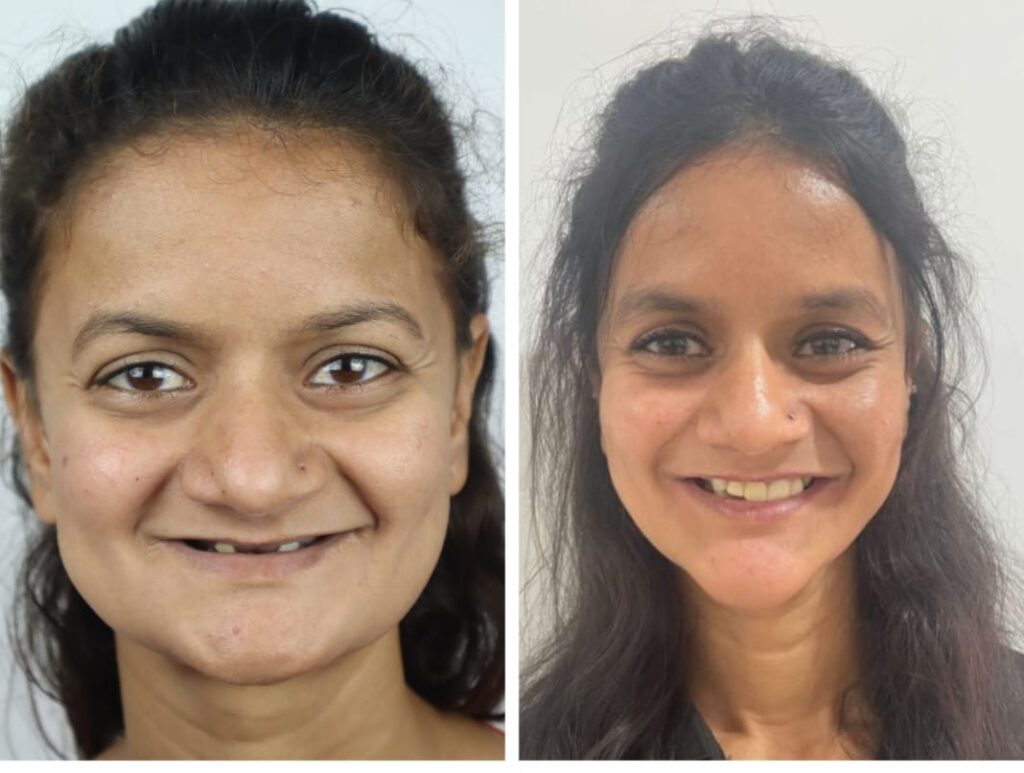
DENTAL IMPLANTS
Introduction
-
- Dental implants vs bridges has become a common discussion when it comes to replacing missing teeth. Dental implants have emerged as one of the most effective and sought-after solutions for tooth replacement.
-
- Dental implants are revolutionizing the field of dentistry thus providing countless patients with renewed confidence and comfort.
-
- They offer a durable and natural-looking option for individuals who have lost teeth due to injury, decay or other dental issues.
What are dental implants
-
- Dental implants are titanium posts that are surgically placed into the jawbone beneath the gums.
-
- These implants serve as anchors for artificial teeth (crowns), which are custom-made to match your natural teeth.
-
- The healing process allows the jawbone to fuse with the implant, providing a stable foundation for the artificial tooth.
Benefits of Dental Implants
-
- Natural Look and Feel: Implants mimic the appearance and functionality of natural teeth.
-
- Enhanced Comfort: Implants eliminate the discomfort associated with removable dentures.
-
- Durability: With proper maintenance, dental implants can last a lifetime.
-
- Bone Health: They help preserve the jawbone density and thus prevent further tooth loss.
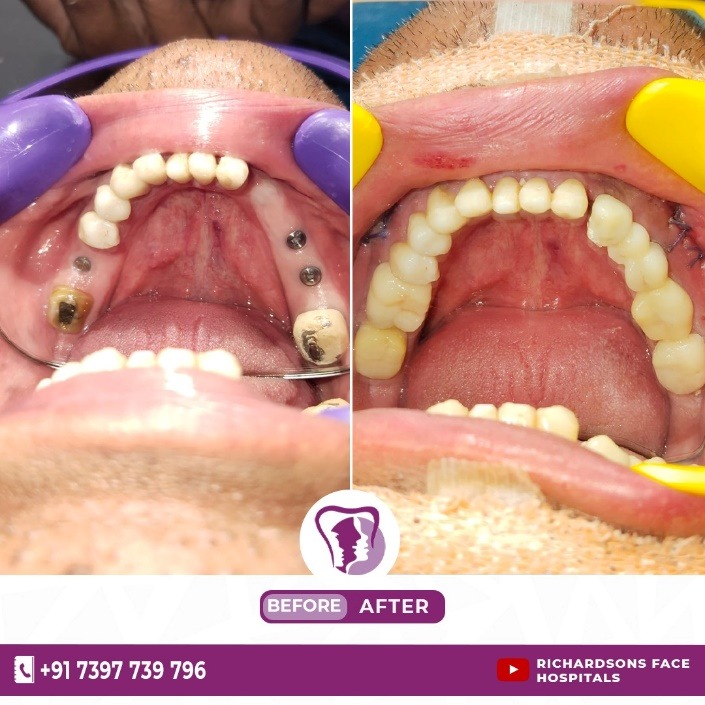
The Dental Implant Procedure
-
- Initial Consultation: Your oral health would be evaluated clinically along with imaging tests (like dental x-rays and CBCT scans) to determine the best treatment plan and the type of implant to be placed.
-
- Implant Placement: The implantologist surgically places the titanium post into the jawbone under local/general anesthesia, depending on the number of implants to be placed. A healing period of 3 to 6 months follows to allow for the osseointegration of the implant, which is nothing but the bony fusion of the implant with the jawbone. When comparing dental implants vs bridges, implants provide a more stable and long-lasting solution as they integrate directly with the bone, unlike bridges that rely on adjacent teeth for support.
-
- Abutment Placement: After the implant has integrated with the jaw bone, an abutment (a connector piece) will be attached to the implant to hold the crown into place.
-
- Crown Placement: Finally, a custom-made crown will be secured onto the abutment to complete your smile restoration.
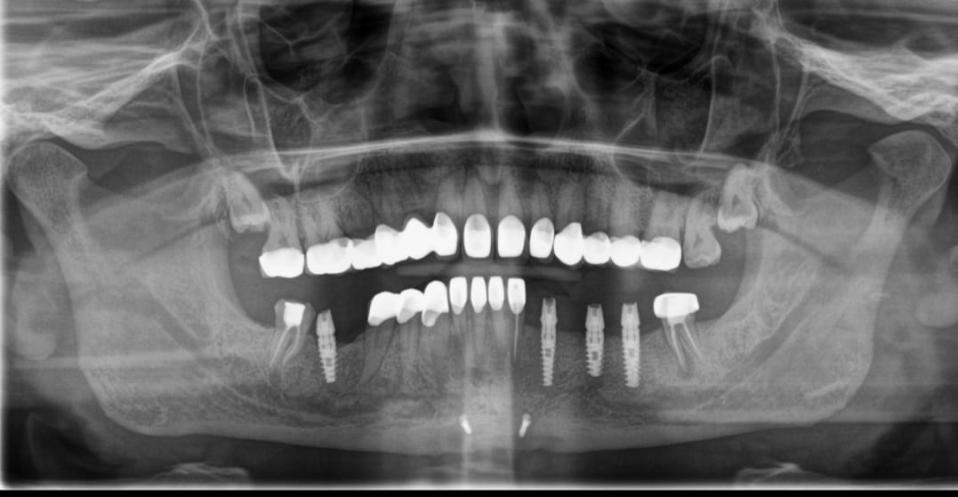
When not to place dental implants
1. Inadequate Bone density or Quantity:
-
- Dental implants require a certain amount of healthy bone for proper placement and stability.
-
- The density and quality of the bone are crucial for successful integration of the implant.
-
- In cases of minimal bone loss such due to periodontal disease, trauma, etc augmentation procedures like bone grafting can be done in certain cases.
-
- Patients with compromised bone quality may not be suitable candidates for dental implant placement.
2. Active gum disease/ infections
-
- Patients with active periodontal disease or other infections in the mouth must have these conditions treated before they can receive dental implants.
-
- Active infections can lead to implant failure and other complications.
3. Chronic Health Conditions
-
- Diabetes: Uncontrolled diabetes can impair healing and increase the risk of infection.
-
- Heart Disease: Some cardiovascular conditions may require careful evaluation and management before implant surgery.
-
- Autoimmune Diseases: Conditions like lupus or rheumatoid arthritis may affect healing and success rates for implants.
-
- Blood Disorders: Disorders that hinder blood clotting or increase bleeding cannot be taken for implant surgery.
4. Smoking and Tobacco Use
-
- Smoking is a significant risk factor for dental implant failure due to its adverse effects on healing and osseointegration.
-
- Tobacco users experience greater levels of infection and complications.
5. Age Concerns
-
- In younger patients, particularly adolescents whose jawbones are still developing, dental implants may not be advisable until jaw growth is complete.
-
- While there is no strict age limit, older patients with several health concerns related to aging need a thorough evaluation before implant placement..
6. Poor Oral Hygiene
-
- Patients who are unable or unwilling to maintain oral hygiene are not good candidates for dental implants.
7. Bisphosphonates/ immunosuppressants
-
- Long-term use of medications such as bisphosphonates and immunosuppressants affect bone healing and impact the success of dental implants.
DENTAL BRIDGES
Introduction
-
- Dental Implants Vs Bridges – Bridges are nothing but united crowns that are widely used as a treatment option to replace single or multiple teeth. They can be made of all-ceramic or porcelain-fused-to-metal ceramic. Bridges restore function and appearance by replacing missing teeth while maintaining a natural look for the entire dentition, especially in full-mouth rehabilitation cases. They can also be used for implant-retained prostheses. The steps for fabricating bridges are similar to those for crowns, and a proper bite should be carefully checked by the clinician.
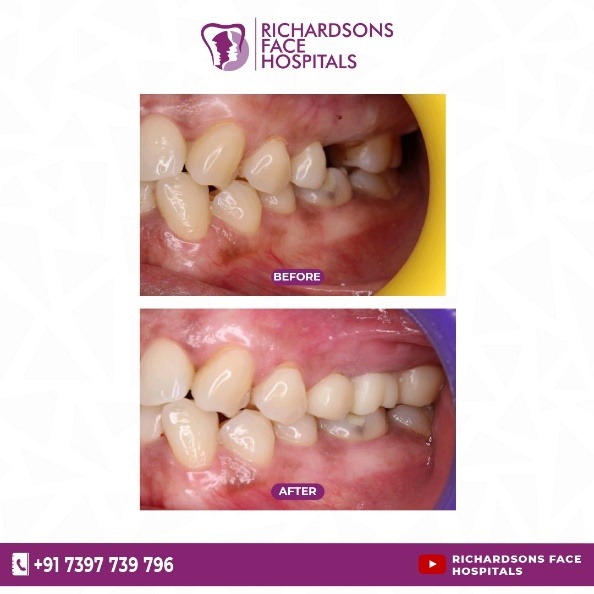
Steps in fabrication of bridges
1.Preparation of tooth-following the guidelines of tooth preparation for bridges or crown. enamel and o.5mm of dentin has to be trimmed all over the tooth surface.shampfer or shoulder ,margins can be given.
2. Impression taking-Once the tooth preparation is done, check the clearance and take the prepared tooth measurements by either alginate or putty body impression. Pour the cast and send it to the lab, where the respective crown will be fabricated. Nowadays, with advancements in dentistry, dental implants vs bridges can be planned using digital scanning to register the upper and lower dentition along with the bite, which can then be sent to the respective labs for precise fabrication.
3.Once the prosthesis is fabricated, call the patient and remove the temporary crowns if placed. Fix the permanent bridges either by bonding or luting with cement, depending on the material of choice for the crown. When comparing dental implants vs bridges, it’s important to note that implants do not require support from adjacent teeth, whereas bridges rely on them. High points need to be checked using an articulating paper to establish a normal biting pattern for the patient.
Benefits of dental bridges
-
- It is not a surgical procedure like implants. Patients who are allergic to local anaesthesia physically not fit to do minor surgical procedures dental bridges can be a treatment option.
-
- Dental bridges can be done if the bone density of the patient is not satisfactory.
-
- Bridges are less expensive than implants, so patients who cannot afford a lot just can be an effective treatment option.
-
- There is a waiting period for the implant crown placement after implant placement patient is supposed to weight up to 3 months for the born to get fuse to the implant and later the crowns will be fixed. But dental bridges can be delivered immediately and there is no down time.
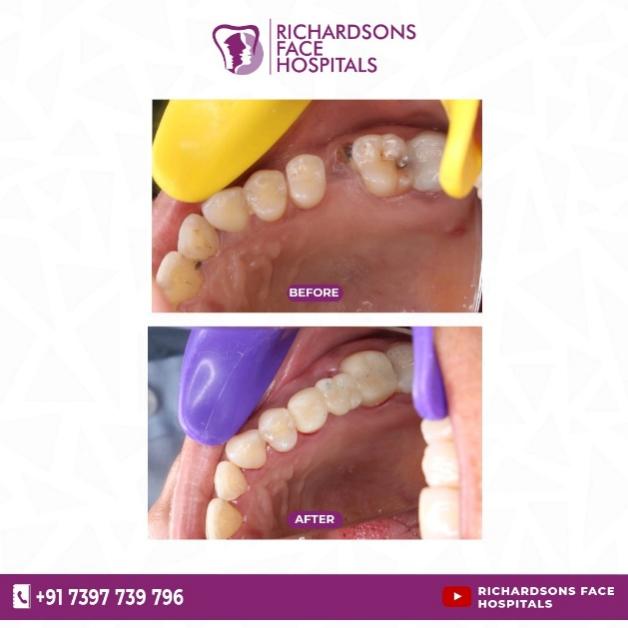
Indications for bridge over implants
-
- Dental bridges should be considered over implants if the patient has uncontrolled diabetes, or conditions like osteoporosis, bleeding disorders, medically compromised patients ,like patients with seizure, epilepsy etc
-
- If the bone density is less the dental bridges are the choice of treatment.
-
- Sometimes, when considering dental implants vs bridges, placing implants in the upper jaw may be challenging as the molar roots can extend into the maxillary sinus. In such cases, a sinus lift can be an option. However, if the patient is not willing for that procedure, dental bridges can be a suitable alternative.
Contraindications of bridges
-
- If the periodontal health is compromised dental bridges are not an option
-
- Patients with gingivitis or gingival enlargement.
-
- Patients with poor oral hygiene.
-
- Severe malocclusion
-
- Bruxism
-
- Severe infections
-
- More than two to three missing teeth in an arch.
Dental implants vs bridges which one is best for you?
The choice of dental implant over bridge or vice versa is dependent on various factors
-
- COST- dental implants cost is higher compared to bridges.so patients who cannot afford for implants we can choose bridges (patient who are fit for both implants and bridges)
-
- BONE DENSITY -patients with poor bone density bridges are the treatment option.
-
- MEDICAL CONDITIONS -patients with uncontrolled diabetes, bleeding disorders, epilepsy, medically compromised patients’ bridges are the only option.
-
- Implants have higher rate of longevity than bridges as implant will act as root that will prevent bone loss over time on the other hand after bridges will have bone recession. The shelf life of bridges are 10-15 years and implants can go up to 20 to 25 years.
The choice between dental implants vs bridges is purely dependent on the clinician’s decision. One should satisfy specific criteria, and your clinician will determine the best possible treatment option for you. However, for patients who can choose between dental implants vs bridges, implants are often the best option due to their longevity and the fact that adjacent teeth remain unaffected.

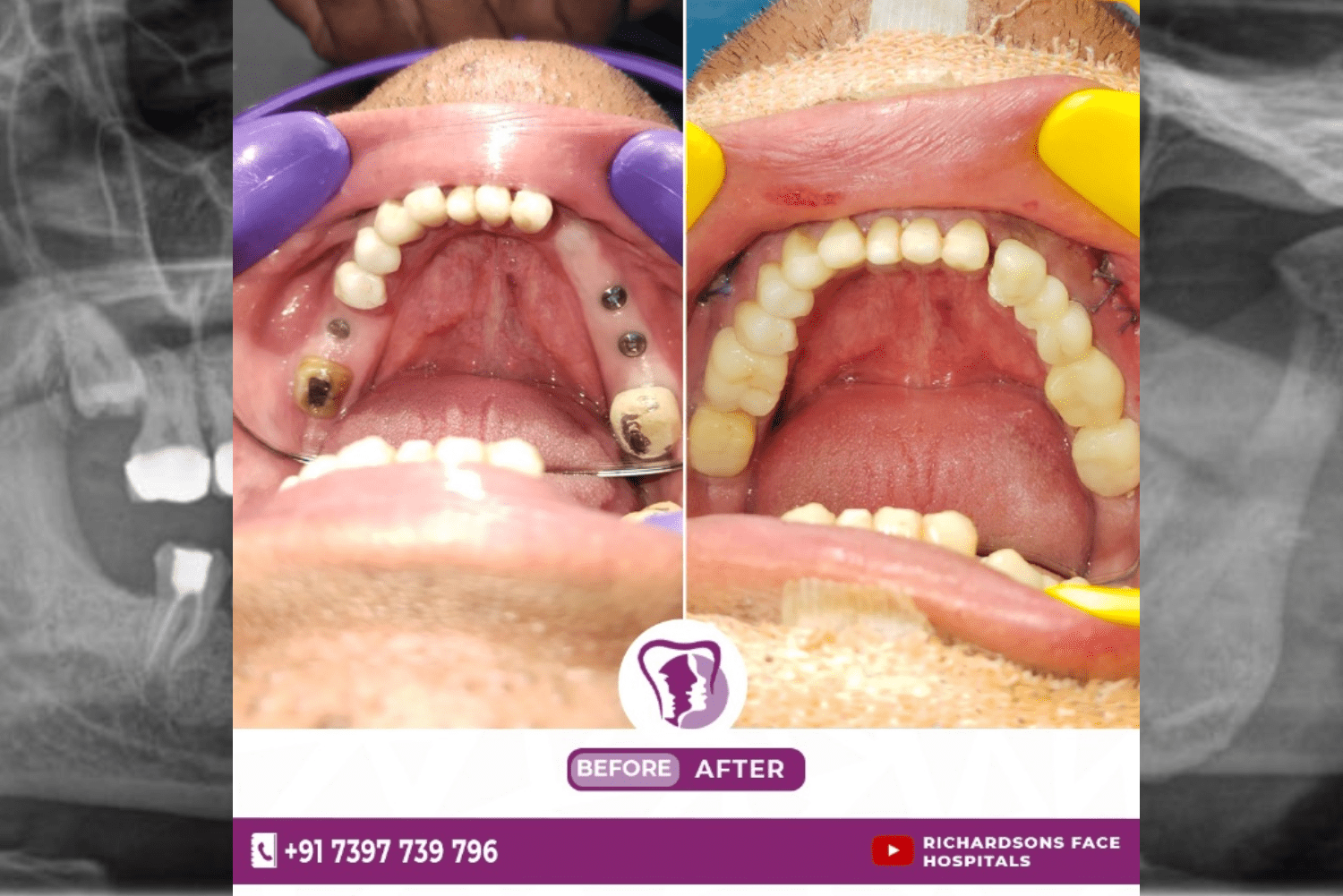





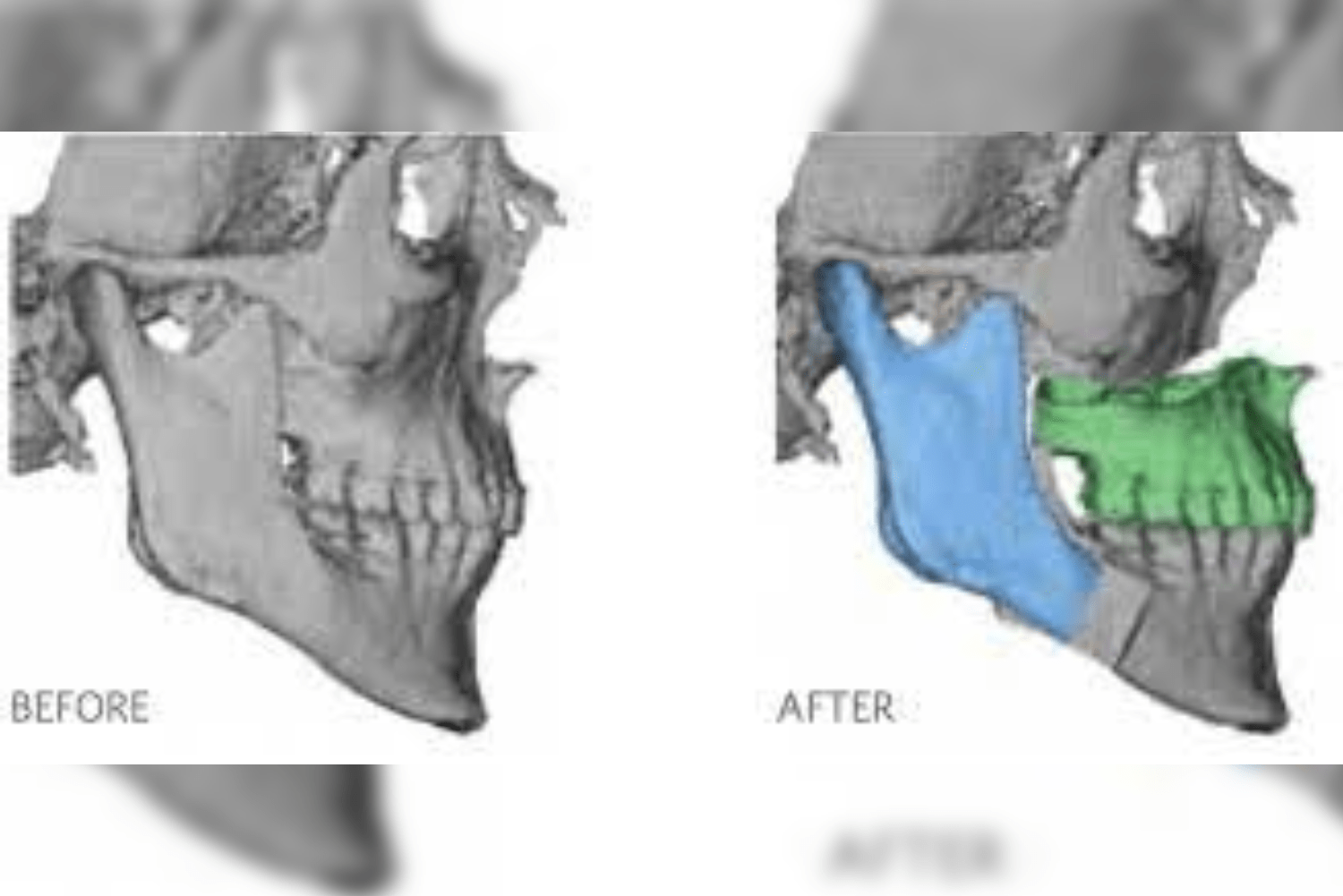


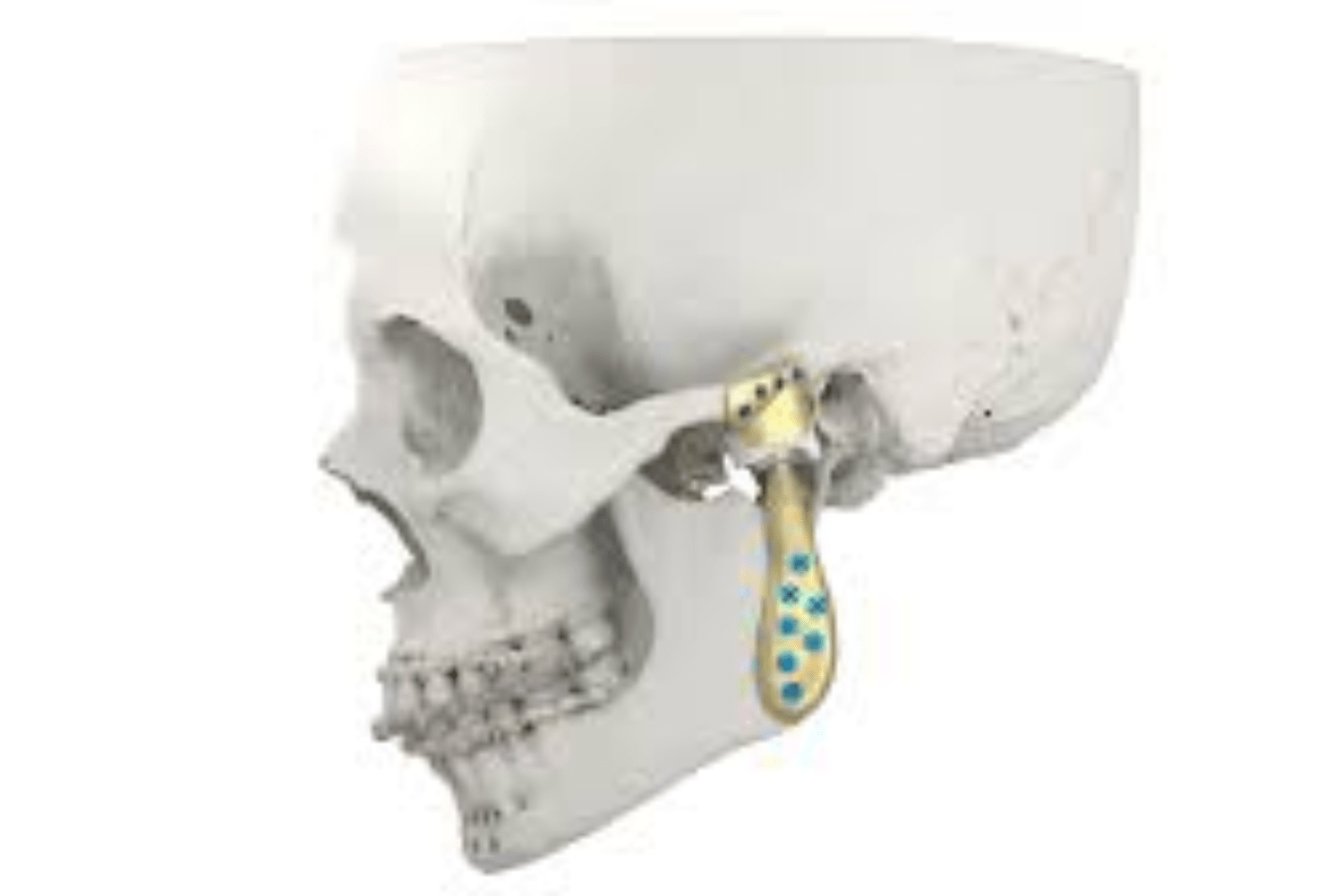



3 Responses
Very good
Good
Good